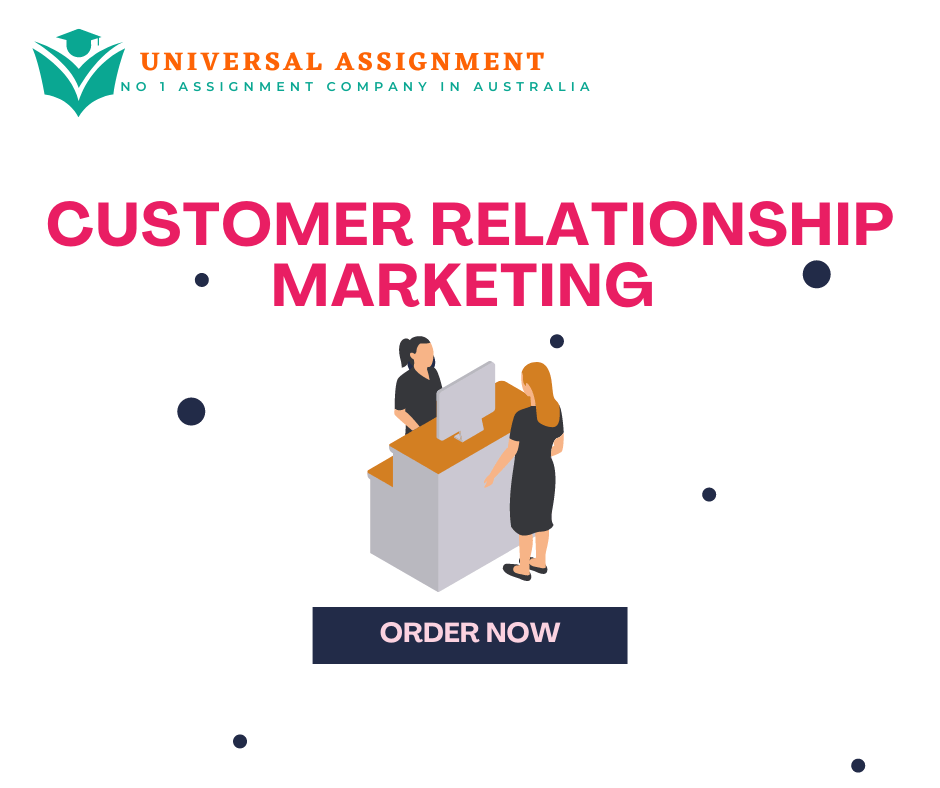Customer Relationship Marketing (CRM) is what manages a customer’s interactions with a business. Customer relationship marketing is responsible for creating long-term relationships with customers. Customer relationship marketing is a customer-centric approach that focuses on acquiring new customers and then managing their relationships with the business. It helps create value for customers. Customer relationship marketing can vary from company to company. In some companies, it is in the form of simple personalized content in emails or website content while in other companies it can be in the form of complex software suites aimed at a particular market segment. Companies even turn to the use of the internet and social media to pursue customer relationship marketing initiatives.
According to BDA CEO Jay Deutsch using emotions like nostalgia can be the most powerful connection a customer can have to your brand. Increasingly branded merchandising is becoming a bigger part of marketing campaigns. Customer lifetime value is an important metric when it comes to customer relationship marketing because it directly relates to how much revenue can be expected by a business from a customer.
Levels of CRM-
1 – Establishing the initial relationship- This is the first stage for the company to see if the customer and company would be a good fit. This can be done in the form of a social media event.
2 – Getting to know each other- In this a company will attempt to persuade a customer that they know their needs and wants. This can be done in the form of an email campaign.
3 – Developing a deeper relationship- This is where multiple departments get involved to keep the customer happy and fulfil his demands.
4 – Becoming committed partners- At this stage, the customers trust your company and remain incentivized to stay with your company.
Some other strategies could be-
1 – Showing you are listening- Consider rewarding your customers with offers and deals on your products.
2 – Monitor complaints- Showing that you listen to grievances can go a long way in cementing relations.
3 – Create/Expand a rewards system- By rewarding your customers for staying connected you incentivize your customers for staying connected to your company.
Pros
1 – The data can be automated by the software
2 – This allows for a lot of organization.
3 – Increased revenue is a major benefit. According to HubSpot for every $1 invested into a CRM, businesses see an estimated $5.60 return on investment.
Cons
1 – CRM requires a lot of tiresome data entry on average.
2 – Increased cost can eat into an organization’s budget and prevent it from focusing on other areas.
3 – It is often only half the work. The other half is creating a sales plan and following through with it.
Note: If you want help on your assignment then, just stop searching for other instant service resources in Australia and place your order on our services as soon as possible.



